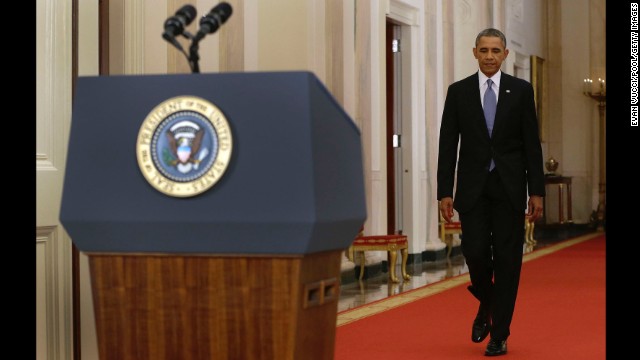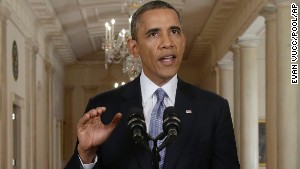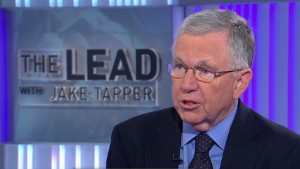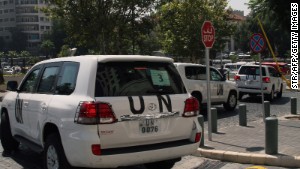STORY HIGHLIGHTS
Frida Ghitis: Obama went into speech with Syria situation in new flux; was mildly successful
She says he saved talk of diplomatic plan till after he described gassing of kids
She says this because clearing Syria's chemical weapons could fall through, as Assad buys time
Ghitis: If diplomacy restores "red line," Obama's threat will show threat of consequences matters

 President Barack Obama approaches
the podium in the East Room of the White House on Tuesday, September 10,
for a speech addressing the nation on the justification for possible
military action against the regime of Syrian President Bashar al-Assad.
The regime is accused of launching a horrific chemical weapons attack in
the suburbs of Damascus that killed more than 1,400 people.
President Barack Obama approaches
the podium in the East Room of the White House on Tuesday, September 10,
for a speech addressing the nation on the justification for possible
military action against the regime of Syrian President Bashar al-Assad.
The regime is accused of launching a horrific chemical weapons attack in
the suburbs of Damascus that killed more than 1,400 people.
 Obama: Assad regime is not a threat
Obama: Assad regime is not a threat An accidental breakthrough?
An accidental breakthrough?  How will U.N. find Syria's weapons?
How will U.N. find Syria's weapons? Should Americans trust the UN in Syria?
Should Americans trust the UN in Syria?
No comments:
Post a Comment